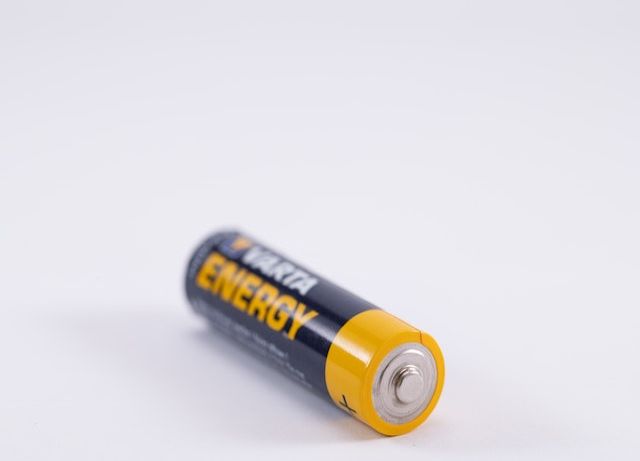Batteries are a necessary evil in today’s world. We rely on them to power our phones, laptops, and other devices, but they can be frustrating when they don’t last as long as we want them to. We will discuss some tips for maximizing battery life for household electronics. By following these tips, you can make your batteries last longer and avoid frustration.
1. Avoid Extreme Temperatures
Batteries don’t like extreme heat or cold, so avoid leaving your devices in direct sunlight or in a car on a hot day. Similarly, don’t leave them in a freezer or ice chest. Temperature changes can also shorten battery life, so keep your devices in cool, consistent locations as much as possible.
When storing batteries for long periods (like when you’re not using a device for months), it’s best to keep them cool and dry, like a cabinet or drawer. Avoiding extreme temperatures will help your batteries last longer.
If you must use your device in extreme temperatures, take extra care to protect the battery. For example, if you’re using your phone in the cold, keep it in a pocket close to your body to stay warm.
2. Don’t Let Your Battery Drain Completely
Batteries don’t like to be emptied all the way, so try to avoid letting your devices die completely. If you must use your device until the battery is dead, then charge it as soon as possible. It’s also a good idea to keep a charger with you in an emergency.
Partially discharging and recharging lithium-ion batteries will help them last longer than if you let them discharge before recharging. So, if you can, avoid letting your household electronics run down before plugging them back in.
Read More: How the Transportation Industry Is Changing in 2022
3. Avoid High Currents
High currents can damage batteries and shorten their life. When charging your devices, use the manufacturer’s recommended charger. Avoid using aftermarket chargers or charging your devices with a computer’s USB port, as this can deliver too much current and damage the battery electrolyte leading to shortened battery life.
If you must use a computer’s USB port to charge your device, make sure the computer is turned off or in sleep mode. Otherwise, the battery will be charged and discharged simultaneously, which is not good for the battery.
It’s also important to unplug devices once they are done charging. Leaving them plugged in while they are already full will cause what is called a “vampire drain” and slowly reduce the capacity of your battery over time. So, make sure to unplug devices once they reach 100% charge.
4. Use Battery-Saving Features
Many devices have battery-saving features that can help extend the life of your battery. For example, most phones have a power-saving mode that can be activated when the battery is low. This mode will disable non-essential features and dim the screen to help save power.
Other devices may have similar features, so it’s worth looking into what options are available for your particular device. Using these features, you can eke out more life from your battery in an emergency.
5. Keep an Eye on Your Battery Health
Over time, batteries will degrade, and their capacity will diminish. This is natural and unavoidable, but there are ways to slow down the process. For example, you can calibrate your battery regularly to help extend its life.
You can also keep an eye on your battery health in the settings of most devices. This will give you an idea of how well your battery is performing and when it might need to be replaced. You can prolong its life by keeping an eye on your battery health.
Conclusion
By following these tips, you can help extend the life of your household electronics and avoid having to replace them often. By taking good care of your batteries, you can save money and keep your devices running smoothly for longer.


